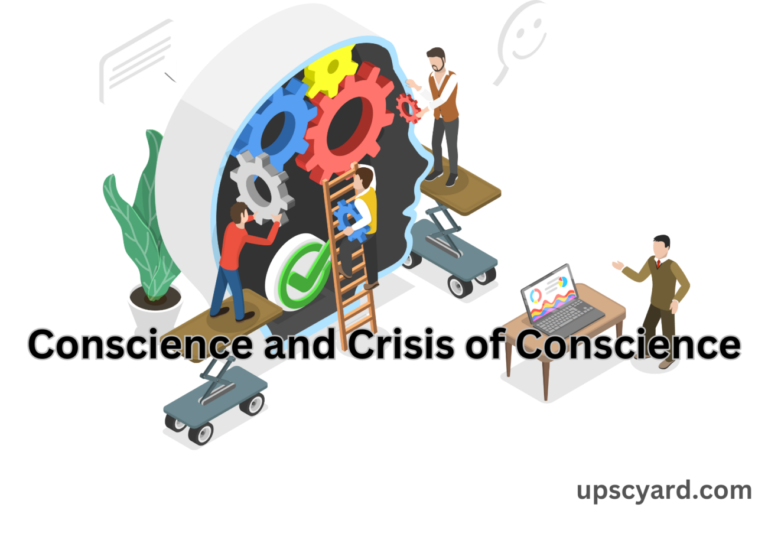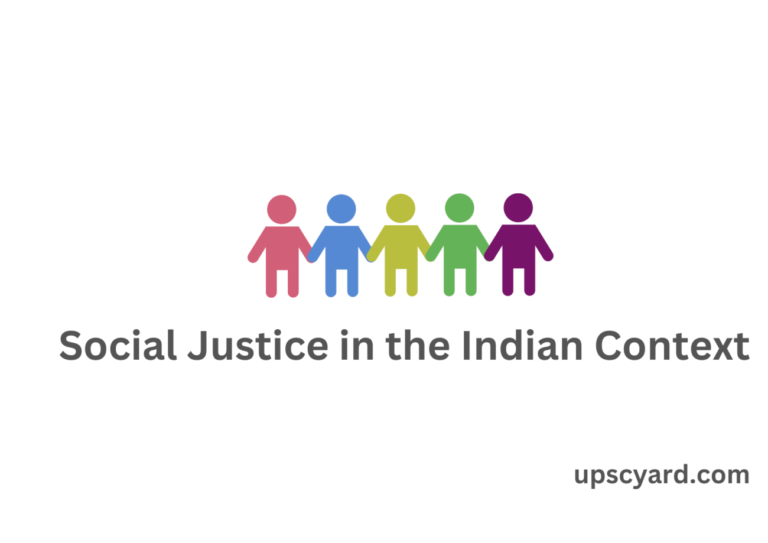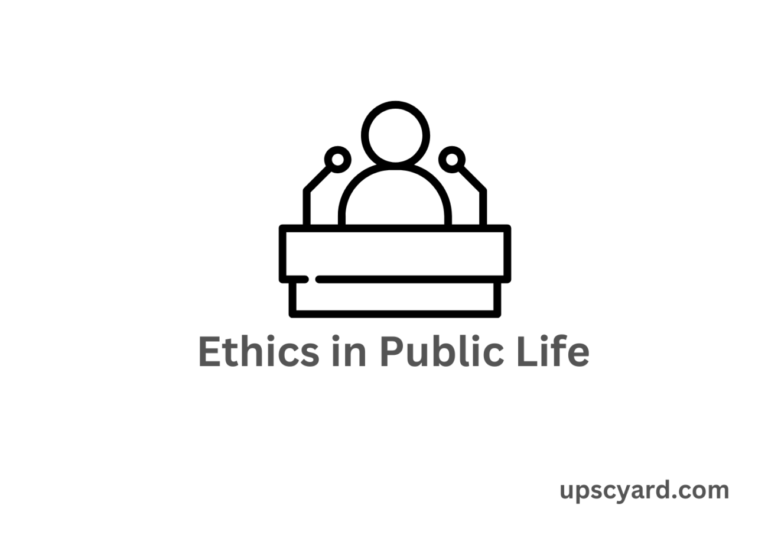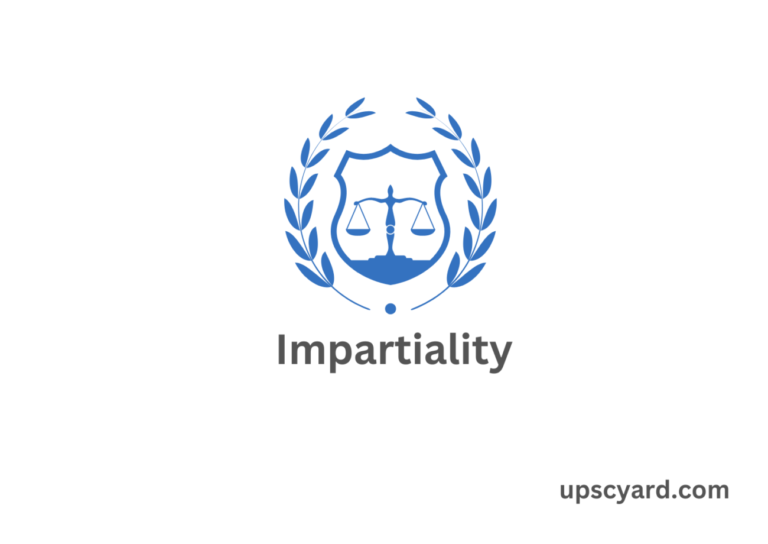Conscience and Crisis of Conscience

Conscience The notion of conscience is diverse and subjective, not linked to any particular moral standpoint. Utilizing conscience to justify actions or principles does not inherently provide moral validation, as it remains morally impartial. The term “conscience” has its roots…





